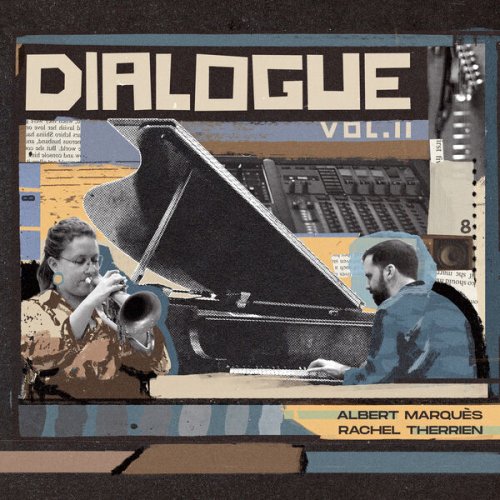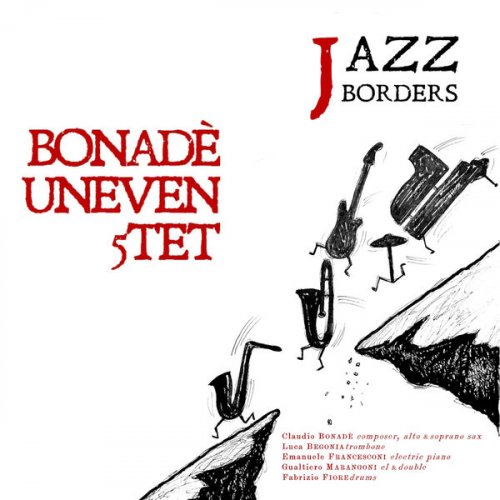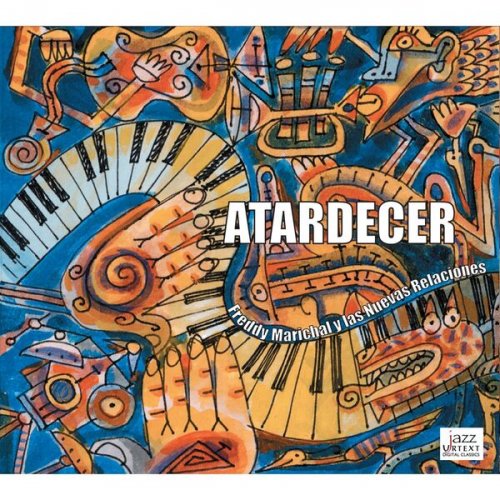FUJI||||||||||TA - MMM (2024) [Hi-Res]
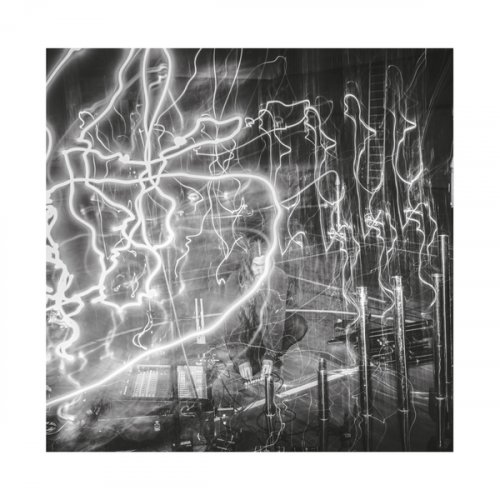
Artist: FUJI||||||||||TA, Yosuke Fujita
Title: MMM
Year Of Release: 2024
Label: Hallow Ground
Genre: ambient, electronic, experimental, neo classical
Quality: 16-bit/44.1kHz FLAC; 24-bit/48kHz FLAC
Total Time: 40 min
Total Size: 443; 204 MB
WebSite: Album Preview
Yosuke Fujita's long-awaited follow-up to Boomkat fave 'iki' is possibly his most ingenious set of experiments yet, melting his gagaku-inspired rhythmic organ work with devastating, ritualistic vocal chanting and raga-like singing. Flawless gear - RIYL Oren Ambarchi, CC Hennix, Aine O'Dwyer.Title: MMM
Year Of Release: 2024
Label: Hallow Ground
Genre: ambient, electronic, experimental, neo classical
Quality: 16-bit/44.1kHz FLAC; 24-bit/48kHz FLAC
Total Time: 40 min
Total Size: 443; 204 MB
WebSite: Album Preview
On his second Hallow Ground full-length, the cryptically titled 'MMM', Fujita ditches his painstakingly engineered hand-pumped pipe organ for an electric model, allowing him to freely wander around it with a shotgun microphone and capture its shifting resonance. This technique is displayed on the 21-minute opening track 'M-1', where Fujita creates a fluxing rhythm using the instrument's heaving tones, moving the mic around to create undulating breath patterns. Rushing air sounds punctuate the organ's hypnotic, spiraling tones, and Fujita focuses his attention on the oscillating warbles, that give the composition a level of high drama that makes it whizz by in an instant. Like Eleh's patient synth tone studies, Fujita's music rewards deep listening, and the more you concentrate on its quivering acoustics, the more you find yourself mesmerized by its unstable tones and intangible acoustics.
But it's 'M-2' that provides the biggest surprise. For over a decade, Fujita has been developing his own vocal style, using the strain created by constantly inhaling and exhaling to generate what he describes as a "third voice". The flurry of chants and growls might sound unconnected to Fujita's organ-based material at first blush, but give it time and the energizing rhythmic shifts, enhanced by considerate delay and reverb, begin to mirror those that underpin his drone epics like 'M-1'. There's only voice here, but it's all we need - Fujita's technique slips between the breathless free jazz exhalations of Milford Graves and Inuit throat singing, and he challenges us to concentrate on the knotted repetition, paying attention to microscopic rhythmic and textural squirms.
Fittingly, he brings both elements together on 'M-3', vocalizing and singing over pitchy organ quivers. His cadenced rasps form a de-facto, dubbed-out beat that bounces off the wobbly liturgical tones, and just as you think you've got it figured out, Fujita starts to sing in a meditative, wordless hum, ascending over the accented backdrop as if he's charting a course to the stars. Dusky and transcendent, it's a track that makes some pertinent ethnomusicological connections, linking Indian classical styles with Christian church music and Japanese court music and never sacrificing harmony in the search for novelty. Like the sublime devotional sounds of the late CC Hennix, it's music that sounds as if it's engaged in a dialog with history, nature and the spirit world. Fujita's alchemical rhythms and drones sound as if they could dissolve into the atmosphere at any moment, and that's what keeps us captivated.
Tracklist:
1.01 - FUJI||||||||||TA - M-1 (21:26)
1.02 - FUJI||||||||||TA - M-2 (9:28)
1.03 - FUJI||||||||||TA - M-3 (9:37)
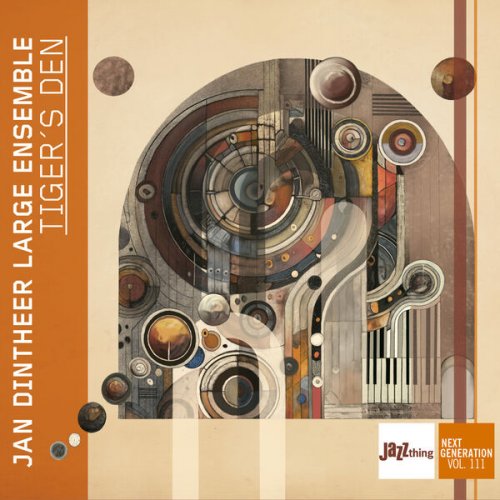
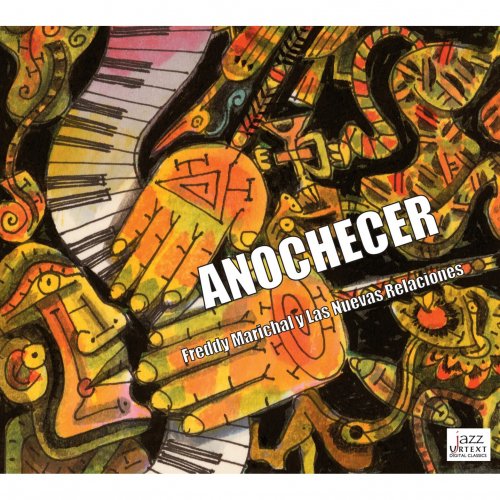
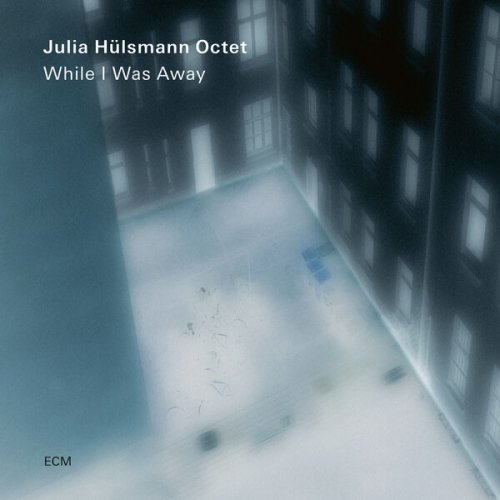
![Mari Boine - Goaskinviellja - Eagle Brother (Remastered 2025) (2026) [Hi-Res] Mari Boine - Goaskinviellja - Eagle Brother (Remastered 2025) (2026) [Hi-Res]](https://img.israbox.com/img/2026-01/31/so1zgdk2eva394qd3qtlyxfd2.jpg)
![Illinois Jacquet - Swing's The Thing (1960/2026) [Hi-Res] Illinois Jacquet - Swing's The Thing (1960/2026) [Hi-Res]](https://www.dibpic.com/uploads/posts/2026-01/1769713003_cover.jpg)

